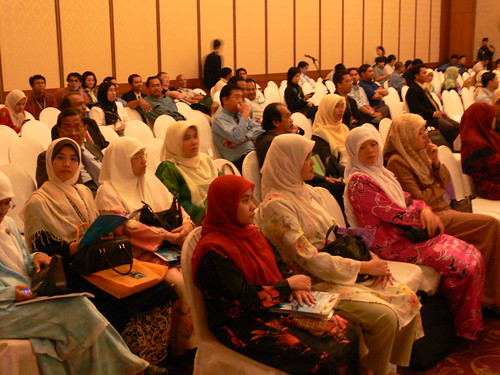
"Saying everything is O.K. in Uzbekistan is like saying it's peaceful in Baghdad," said Vasila Innoyatova, a human rights worker in Tashkent, Uzbekistan
Uzbekistan is attempting to cover for gunning down its own citizens exactly three years ago. The government is now allowing the International Committee of the Red Cross to survey its prisons, and has also released human rights advocates that were previously locked up. Changes also involve revisions of the judicial system; this includes eliminating the death penalty and including habeas corpus. Yet there is still denial of rights, the use of torture, and repression of government dissenters.
But western governments are arguing that Uzbekistan may have the political upper hand. When Washington harshly criticized the nation, the country immediately removed the United States from the military base, which was strategic in terms of the war in Afghanistan. Now, the Uzbeks are allowing limited access to a German base at Termez and NATO is allowed to use a railroad for endeavors in Afghanistan. But possible sanctions from the US are now threatening the agreements. The nation is essentially challenging the influence of the Washington, which feels threatened by the leniency of the West in dealing with Uzbekistan, particularly because of its strategic location. But other problems come up—can the US exercise jurisdiction when many of the offenses that Uzbekistan has been criticized for (indefinite detentions, torture, etc), and what the end result will be of sanctions given Uzbekistan’s ability to close of Western powers from strategic locations near Afghanistan. Wisest would be to use another European power to negotiate with Uzbekistan and intervene, rather than the over-stretched American hegemony with it's tarnished reputation.


























